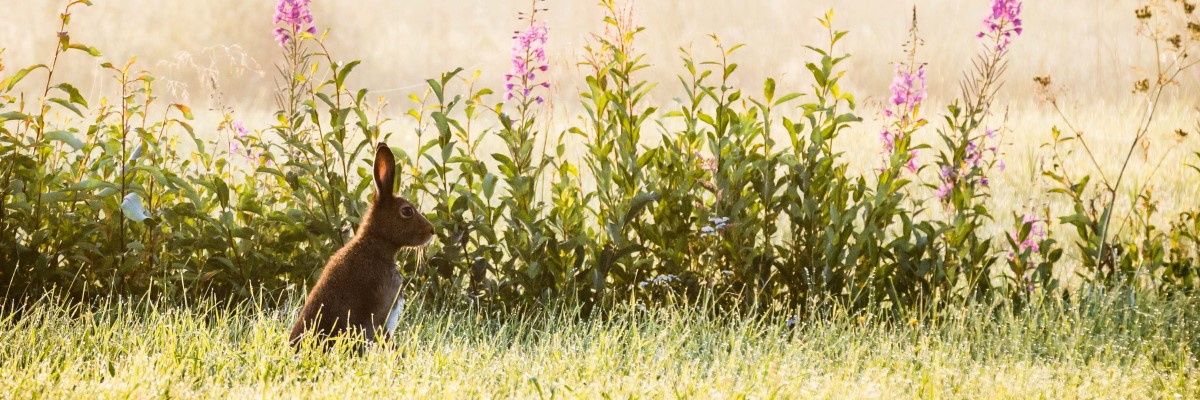Global change drivers present in rural studies include demographic changes, demand for natural resources, globalization, and climate change. Themes deal with food policies, food security and renewable energy, built environments, and governance models in remote regions. The Summer Institute offers a comprehensive picture of new economic opportunities for rural areas and beyond: for example, bioproducts, bioservices, and land-use conflicts.
The lectures and visits hosted by international and local scholars and experts will focus on the tensions between natural resources, tourism, and natural ways of life in sparsely-populated areas. The knowledge base of the Summer Institute program is based on research and statistical data, analysis, and methods. Open data for comparative research and regional economies are available on the themes.
Important themes are education, social justice, and indigenous groups in rural areas. What are the frameworks and instruments to solve tensions between them? We are looking forward to knowledge and dialogue on these key themes at the Summer Institute.
Comparative perspectives of rural governance
Governance in remote regions with a focus on the tensions between natural resources, rights, and natural ways of life. These topics are addressed through the steering of institutions and administrative processes.
Food policies, food security and renewable energy
We will study special conditions for agriculture in remote regions; for example, with field studies of Arctic dairy farm energy production, meat processing, and an ice cream micro industry. We will bring together the regional economy and regulatory frameworks for the areas with challenging climate conditions, e.g. in the Arctic.
Rural development and policies
This theme focuses on tensions between material gain, reciprocity, and redistribution of natural resources in sparsely-populated areas. The framework for these phenomena is related to complexity and uncertainty about the environment in which it is operating.
Research and analysis methods and smart rural communities
Comparative research methods and description of arctic smart rural community cluster.
Education, social justice, and indigenous groups in comparative rural areas
Professional change and change of professions are key instruments for larger economic and social changes in society. This theme focuses on education as a resource for developing remote and rural societies and the related economic and social structures.
Transition from a fossil to a green economy: New economic opportunities for rural areas based on bio-resources and beyond: Bioproducts, bioservices and land-use conflicts
In this theme and in the related field trip, we are in the core of rural ecosystems. The activities are often exclusive, as well as drivers for economic and social infrastructure. How can tensions between them be solved, and how can land use policies be part of larger policy frameworks and instruments?



